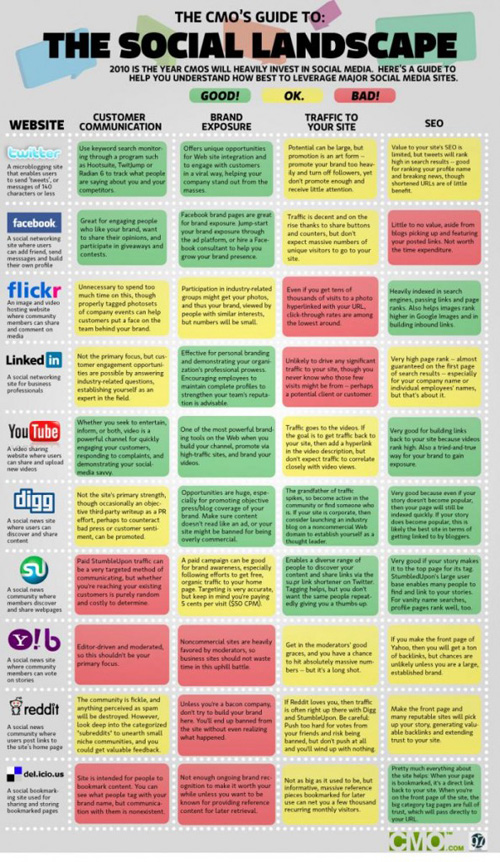Jason Kottke links to a post in Ars Technica with an argument that people shouldn’t use ad blocking browser plugins when visiting their favorite sites. The argument is as old as ad blocking browser plugins. And I most often here exactly that side of the story – the site that you love depends on the advertising and by blocking it, you’re effectively closing its oxygen supply.
I don’t disagree, but I find this point of view too narrow. I think advertising should work for both the site and the visitor. If we are asking a visitor to take a responsibility, we should also ask the the site owner to do the same. Because the truth of the matter is that most sites out there are overloaded with advertising. Most advertising out there is irrelevant. And on top of that, most advertising out there is annoying. I think if site owners were spending more time selecting an appropriate and relevant advertising, their visitors wouldn’t spend as much time blocking it.
Consider the practical side of this. From all the people I know who browse the web, everyone (and I do mean everyone) is browsing through a whole lot of web sites. It’s not one web site, not two, not ten. It’s hundreds and thousands. If you look at all those web sites collectively (no matter who the person is), you’ll agree that the majority of those web sites have too much of advertising, which is too annoying, and too irrelevant. And from the point of view of the site owner, it’s often much harder to fix than it looks.
First of all, most site owners don’t have advertisers standing in queue. So the choice is quite limited. You get what you get most of the times. Secondly, there are tools like Google AdSense which help site owners show ads which more relevant. But with that being completely automated there is just so much control over the results. Most of the times you don’t get to pick the company or ad content. Thirdly, the fact that not everyone not everywhere is on the web has something to do with ads relevancy. For example, I live in a small country of Cyprus in the middle of nowhere. There are probably a total of 40-50 companies here which advertise on Google. None of those companies have anything that I am interested in. But because there isn’t much choice, I’ll be shown these ads anywhere I go (every site that uses Google AdSense).
Even being a site owner myself, running Google AdSense block, I am still a supporter of ad blocking browser plugins. I think the end-user should have a choice. And not only have it, but exercise that choice too. If someone is getting annoyed by a huge ad block in the top right corner of this site, please, by all means, feel free to block it. You don’t see it, you don’t click it, you don’t care about it – you just improve my click-through rate. That’s the parameter I worry about. I’d rather have 10 people see the ad and 10 people click on it, than have 10,000 people see the ad and nobody click on it.


